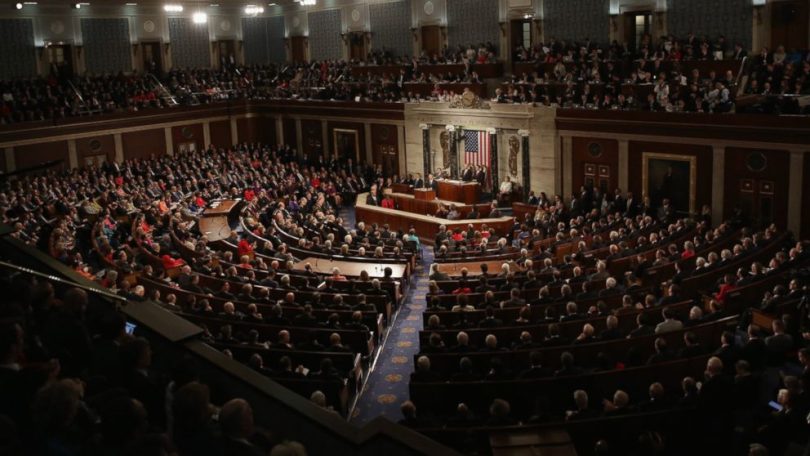In a pivotal moment for US foreign policy, the Senate has initiated voting on a significant $95.34 billion aid package, directing substantial funds towards Ukraine, Israel, and Taiwan. This legislative action comes in the wake of a failed attempt to pass a more comprehensive bill that sought to marry the aid with an ambitious overhaul of immigration laws, a combination that faced stiff opposition from Republican senators.
The stripped-down package, now devoid of the contentious immigration reforms, retains the critical foreign aid components. It earmarks $61 billion for Ukraine in its relentless defense against Russian aggression, $14 billion to assist Israel amidst its ongoing conflict with Hamas, and $4.83 billion aimed at bolstering partners in the Indo-Pacific region, including Taiwan, to counter China’s rising influence.

Chuck Schumer at the US Capitol in Washington, DC, on Feb. 6.Photographer: Valerie Plesch/Bloomberg
The decision to focus solely on the security aid reflects a strategic pivot by Senate Democratic Majority Leader Chuck Schumer, who, in a bid to salvage the vital international support, urged his colleagues to approve the revised package. “We will have this vote,” Schumer affirmed, explaining the urgency of the matter.
The bill’s progression is a testament to the enduring bipartisan support for Ukraine, Israel, and Taiwan, despite the domestic political challenges that have previously hindered the passage of substantial aid packages. Republican Senator John Cornyn’s optimism about the bill’s eventual passage signifies a potential consensus on America’s commitment to its global allies.
However, the fate of the aid package in the Republican-controlled House remains uncertain, with a faction of the party, closely aligned with former President Donald Trump’s isolationist stance, historically opposing such measures. Trump’s influence looms large over the Republican caucus, with his recent calls for a de-escalation in Ukraine and a stringent stance on immigration potentially swaying the House’s reception of the Senate’s bill.







